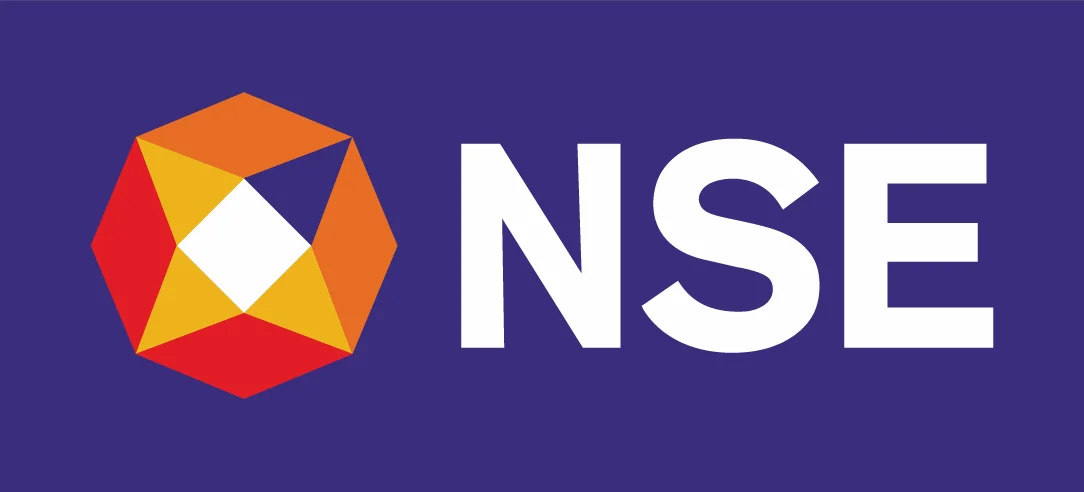Economic uncertainty is something every investor in India must face at some point in their financial journey. Whether it’s inflation, market volatility, or unpredictable global events, economic uncertainty can often seem like a threat to your wealth. However, history has shown that with the right strategies, you can not only weather the storm but also build wealth during uncertain times.
In this blog, we’ll explore actionable steps that can help you build wealth during periods of economic uncertainty in India, backed by facts, figures, and real-world examples.
1. Diversify Your Investment Portfolio
One of the most important principles in wealth management is diversification. During uncertain times, one asset class or investment can struggle while another thrives. Diversifying your investments across a range of asset classes — such as stocks, bonds, real estate, and gold can help mitigate risk and provide more opportunities for growth.
For instance, during the 2008 global financial crisis, while the Indian stock market lost significant value, Indian government bonds and gold performed relatively well. More recently, during the COVID-19 pandemic in 2020, while the stock market took a hit, gold prices surged. Gold, often seen as a safe-haven asset, rose by 25% in 2020.
According to Morningstar, a diversified portfolio consisting of stocks, bonds, and real estate typically outperforms a portfolio heavily concentrated in just one asset class. Over the last two decades, a balanced portfolio has outperformed a stock-only portfolio by 3-4% annually.
2. Focus on Long-Term Goals
Economic uncertainty can trigger fear and lead to knee-jerk reactions, such as selling investments when the market dips. However, it’s crucial to focus on your long-term financial goals. Historically, the market has always bounced back after downturns, and those who stayed invested reaped the benefits.
For example, during the 2008 financial crisis, the Indian stock market, represented by the BSE Sensex, lost nearly 50% of its value. However, those who stayed invested saw their portfolios grow by more than 350% over the next decade, as the market recovered and surged to new highs. According to data from NSE India, the Indian stock market has provided an average annual return of around 12-15% over the last two decades, even after accounting for major market crashes. By staying the course and sticking to a long-term investment strategy, you can benefit from compounding returns over time.
3. Hedge Against Inflation
Inflation is a major concern in India, as it erodes the purchasing power of money. In times of high inflation, investing in assets that typically outperform inflation is essential. Some common inflation-hedging assets include gold, real estate, and stocks from companies with pricing power.
For instance, between 2000 and 2020, gold provided an average annual return of about 8-10% in India, well above the average inflation rate of 6-7%. Real estate also tends to be a strong inflation hedge in India, with property values generally rising over time.
In 2022, as inflation hit a high of 7% in India, gold prices soared to ₹55,000 per 10 grams from about ₹48,000 in early 2021. Real estate in cities like Mumbai, Delhi, and Bengaluru also showed resilience, with property prices continuing to rise, making it a reliable inflation hedge.
4. Strengthen Your Cash Flow with Side Hustles or Passive Income
Another way to build wealth during economic uncertainty is by increasing your cash flow. This can be done by exploring side hustles or creating passive income streams. Whether it’s freelancing, launching an online business, or investing in dividend-paying stocks, these additional income streams can provide financial stability and help you grow your wealth even when the economy is volatile.
For example, investing in dividend-paying stocks allows you to earn regular income while your portfolio continues to appreciate. Even during market downturns, many Indian companies, such as HDFC Bank, ITC, and Infosys, continue to pay dividends and, in some cases, even increase their payouts.
Fact: According to data from NSE India, companies like Reliance Industries, Tata Consultancy Services (TCS), and Hindustan Unilever have consistently paid dividends, with dividend yields ranging between 1.5% to 3% in the past few years.
5. Build an Emergency Fund
Having a solid emergency fund is essential during times of economic uncertainty. An emergency fund acts as a financial safety net, allowing you to weather personal or market disruptions without needing to tap into your investments. Financial experts generally recommend having three to six months’ worth of living expenses saved in a liquid, easily accessible account.
For example, during the early days of the COVID-19 pandemic in India, many individuals found themselves needing to access emergency funds due to sudden job losses or business closures. Having a well-established emergency fund helped many avoid financial stress and prevent the need to sell off investments at a loss. A 2021 survey by BankBazaar found that 48% of Indians do not have enough savings to cover three months of living expenses. This highlights the importance of building an emergency fund, especially during uncertain times.
Navigating Uncertainty and Growing Wealth
Building wealth during economic uncertainty in India isn’t about taking unnecessary risks or making impulsive decisions. It’s about following proven principles: diversifying your investments, focusing on long-term goals, protecting against inflation, increasing your cash flow, and having an emergency fund in place.
By staying disciplined, investing wisely, and keeping a long-term perspective, you can not only survive economic uncertainty but also take advantage of the opportunities it presents. While it’s true that no one can predict what the future holds, history has shown that markets recover, economies stabilize, and those who plan and invest strategically are rewarded.
Remember: Uncertainty is a part of life, but it doesn’t have to define your financial future. Take control of your wealth-building journey today, and set yourself up for success, no matter what the economy throws your way.









